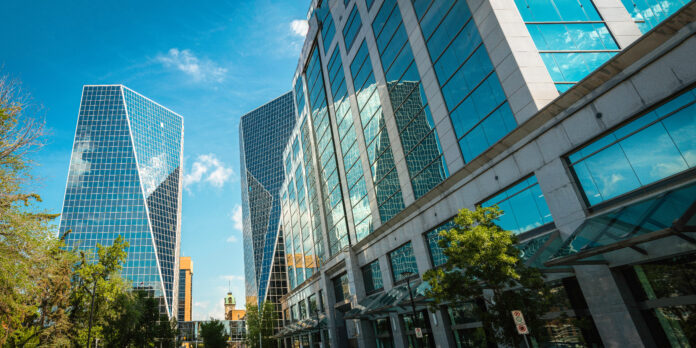
Saskatchewan Immigration Minister Jeremy Harrison is hoping to boost the number of nominations through its Saskatchewan Immigrant Nominee Program (SINP) by 42 per cent over the next three years.
This year, Saskatchewan’s allocation for its Provincial Nominee Program (PNP) is the biggest in its history, 7,250 nominations, and is expected to result in about 18,000 newcomers to the province in 2023.
By 2025, that SINP allocation is expected to swell to 8,500.
In the wake of the Forum of Ministers Responsible for Immigration in Halifax earlier this month, Immigration, Refugees and Citizenship Canada (IRCC) agreed to cut red tape in the processing of SINP nominations and give the province sole authority over assessing a candidate’s ability to live in Saskatchewan.
Read More Canada Immigration News
Saskatchewan Draw: Province Issues 421 Canada Immigration Invitations
Saskatchewan Entrepreneur Draw: Province Invites 50 Canada Immigration Candidates
Saskatchewan Issues 468 Canada Immigration Invitations In New PNP Draw
The IRCC also agreed to up Saskatchewan’s annual allocation of provincial nominees.
“I am pleased to see that our proposal for a significant increase in our SINP allocation has been accepted by the government of Canada,” said Harrison.
“Saskatchewan is seeing record-high population growth numbers and immigration to the province has played a significant role in that. We are well on our way to our goal of 1.4 million residents by 2030.”
At the forum of immigration ministers, Harrison and his counterpart in the federal government also discussed federal settlement funding. The province wants to have control of those funds which are spent to help immigrants settle within Saskatchewan.
Prairie Province Wants More Immigrants To Fill Jobs Going Begging For A Lack Of Workers
In July last year, the province put forth its Saskatchewan Immigration Accord, modelled after a similar deal between Ottawa and Quebec, which contains measures to give the province more autonomy over immigration.
Under the accord, Saskatchewan would set its own immigration levels, select skilled immigrants aligned with labour market needs, re-establish a family class immigration stream and gain control over the design and delivery of settlement and integration services.
“Saskatchewan needs more workers to fill job vacancies in all sectors of the economy,” said Jason Aebig, chief executive officer of the Greater Saskatoon Chamber of Commerce.
Video
“Federal immigration programs and settlement services are not meeting the needs of Saskatchewan’s labour market. We are calling on the federal government to speed up the negotiation process of the Saskatchewan Immigration Accord, enabling Saskatchewan the freedom to dictate immigration levels and deliver services that best support newcomer retention and integration.”
There were more than 15,600 job vacancies in Saskatchewan posted on the provincial job board, SaskJobs, and the federal job-hunting website, Jobbank, and there are a total of 135,800 job openings forecast to be created in Saskatchewan over the next five years.
Alberta is Also Bullish On Immigration To Resolve Labour Shortages
Saskatchewan’s announced upcoming boom in PNP allocations comes less than a month after its neighbour, Alberta, made a similar announcement.
In early March, Alberta Premier Danielle Smith announced the number of nominations through the Alberta Advantage Immigration Program (AAIP) is expected to soar by almost 67 per cent over the next three years.
“Alberta is still calling,” Smith wrote on her LinkedIn page.
“Right now there are over 100,000 job vacancies to fill in Alberta. We need more skilled workers to keep our economy firing on all cylinders!”
Alberta, like Saskatchewan, has also been given the green light to increase its immigration under the AAIP to 9,750 nominations in 2023 and it expects to receive 10,140 nominations in 2024 and 10,849 nominations in 2025, substantial increases from the 6,500 allowed in last year.
“Alberta needs more immigrants,” said Alberta Immigration Minister Rajan Sawhney in a statement. “We need them to help grow our communities, address labour shortages in key sectors and help continue Alberta’s economic success.”

